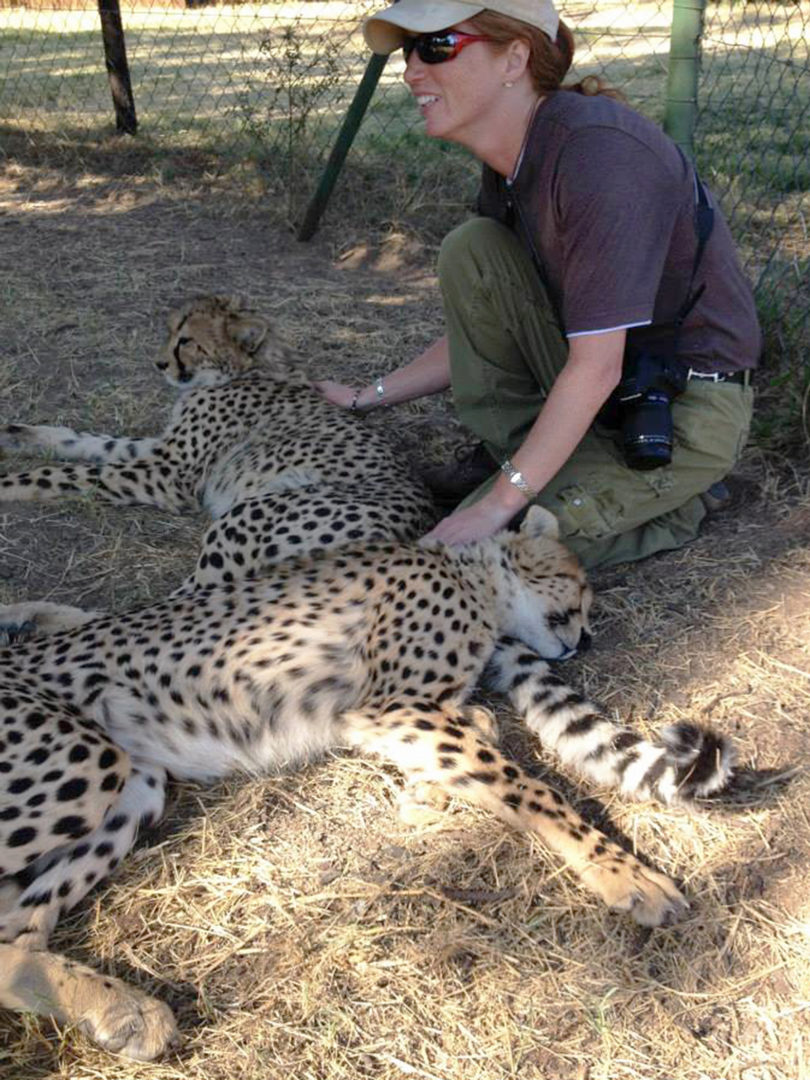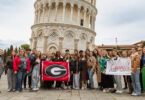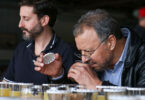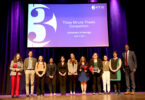Athens, Ga. – The University of Georgia’s MaryAnn Radlinsky is co-leading a study abroad trip to give undergraduate students the chance to work with wild animals on a cheetah reserve located about four hours from Johannesburg, South Africa.
Radlinsky, an associate professor of soft-tissue surgery in the UGA College of Veterinary Medicine, is taking undergraduates considering a career in veterinary medicine to the De Wildt Shingwedzi Cheetah and Wildlife Ranch, a satellite facility of the Ann van Dyk Cheetah Centre. Coordinated by the International Student Volunteers, the 2015 pre-vet program is accepting applications for a limited number of spaces.
“This is an incredible opportunity for students who will help us—hands-on—with annual wellness examinations on cheetahs at the reserve,” said Radlinsky, who is the adviser to the Pre-Veterinary Medicine Club at UGA. “This includes every step we take with each of these animals, from anesthetizing them for the exams to recovering the cheetahs and escorting them back to their enclosures. We also work with wild dogs on the reserve and, if the occasion permits, other wild animals. And every hour will count toward the volunteer hours that colleges of veterinary medicine expect you to have when you apply to school.”
International Student Volunteers launched in 2002 and offers the unique combination of volunteering, education and adventure travel. More than 30,000 students each year participate in ISV projects and initiatives worldwide.
Students in the pre-vet program will spend two weeks at Shingwedzi and can spend an additional two weeks on an ISV Southern Africa Adventure Tour.
The experience at Shingwedzi is an immensely personal one, Radlinsky said. In addition to assisting with veterinary care for the wild animals, student volunteers are tasked with feeding and socializing new cheetah cubs born on the ranch, which serves as the breeding facility for the Ann van Dyk Cheetah Centre, founded in 1971 to ensure the long-term survival of the cheetah, the African wild dog and other wild animals.
Students live in one of three chalets on the reserve, and a Shingwedzi staff member cooks all meals according to personal dietary needs.
“On your way to work, you might see zebra, kudu, giraffe, ostrich, impala, warthog-all are animals that live on the reserve,” Radlinsky said. “Just being able to see that kind of wildlife on your way to work is an amazing experience.”
During the stay, Radlinsky and other veterinary experts give presentations on veterinary issues related to the students’ experiences, like anatomy, physiology, sustainable development and wildlife ecology. The students also work alongside the van Dyk Centre’s lead veterinarian, Dr. Peter Caldwell, an expert in zoo and wildlife medicine who has worked with the center since before he went to veterinary school, noted Radlinsky.
“For a lot of students, this is their first trip abroad, away from home, and it’s really good for them,” she said. “Shingwedzi is very different in that the students who go there get very attached to it. They feel incredibly cared for. The couple that manages the reserve-Roy and Anna Johnston-host a cookout every weekend, called a ‘braai,’ and the students, the staff, everyone is invited. They want Shingwedzi to be like family.”
Each group of volunteers leaves behind an indelible impression, Roy Johnston said, noting that “each task carried out by volunteers is a priceless mark left behind for the future. The volunteers make it possible for us to finance the necessary annual health checks on the animals, which are carried out by the best animal medical practitioners and the pre-vet students who assist with this mammoth task, from which they gain invaluable experience and knowledge.
“The volunteers arrive and revive us with their enthusiasm, dedication, laughter and love,” Johnston said. “Our gates will always be open to you.”
The program tuition includes accommodations during the trip, meals, ground transportation fees in the host country, fees charged by the host organization, an ISV travel manual and resource documents. It does not cover airfare and other expenses.
ISV’s mission is to support sustainable development initiatives around the world through life-changing volunteer and responsible adventure travel programs designed to positively change the world and to educate, inspire and result in more active global citizens. For more information, see www.isvolunteers.org or email info@isvolunteers.org.
For more information on the Ann van Dyk Cheetah Centre and the De Wildt Shingwedzi Cheetah and Wildlife Ranch, see www.dewildt.co.za/.








